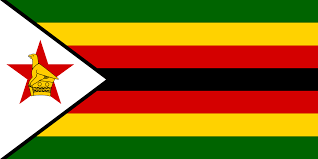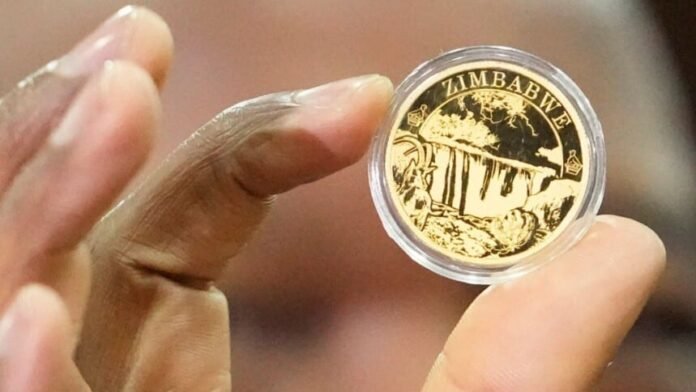The Reserve Bank of Zimbabwe has launched a new gold-backed currency called ZiG. The emergence of the ZiG is to help stabilize the economy, protect citizens from currency fluctuations and sky-high inflations and additionally stabilize the country’s long-floundering economy. ZiG, the new gold-backed currency, which stands for “Zimbabwe Gold”, was introduced by the Central Bank Governor, John Mushayavanhu, on Friday.
According to Mushayavanh, the bank’s intention is to replace the Zimbabwean dollar, the RTGS, which has lost three-quarters of its value so far this year, with the gold-backed currency, ZiG. He also stated that Zimbabweans have 21 days to convert their old cash into new money. During this time, the US dollar, which accounts for 85% of transactions, will remain legal tender. Mushayavanhu has said that the ZiG would circulate alongside a basket of other currencies.
The new currency – called Zim Gold (ZiG) – will be backed by foreign currencies, gold and precious minerals, John Mushayavanhu, the governor of Zimbabwe’s Reserve Bank, told reporters in the capital Harare on Friday.

He said the central bank would also introduce a market-determined exchange rate.
The move is aimed at fostering “simplicity, certainty, [and] predictability” in Zimbabwe’s financial affairs, he added, presenting the new banknotes that come in eight denominations ranging from 1 to 200 ZiG.
The new notes feature a drawing of gold ingots being minted, as well as Zimbabwe’s famous Balancing Rocks, which already appeared on the old ones.
“With effect from today… banks shall convert the current Zimbabwe dollar balances into the new currency,” Mushayavan said, presenting a monetary policy statement. He added that the banknotes will come in denominations of 1, 2, 5, 10, 50, 100, and 200 ZiG, and coins backed by Zimbabwe’s gold reserves will also be introduced to overcome the shortage of US coins, which has led to unconventional practices where consumers often receive change in the form of sweets, small chocolates, and pens.

The introduction of the gold-backed currency is expected to stabilize the currency situation, leveraging Zimbabwe’s gold reserves to instill confidence in the new monetary initiative. According to official data, Zimbabwe’s gold deposits have played a significant role in the country’s economy, as the precious metal accounted for nearly 25 per cent of the nation’s total exports in January 2024.
Experts have questioned whether Zimbabwe has enough reserves to adequately back the currency and if the latter could suffer from volatility in gold prices. According to economist Prosper Chitambara, other countries, such as neighbouring South Africa, had much larger reserves.
“The more the reserves, obviously, the more the confidence and the more your capacity to be able to defend your currency against any shocks,” Barrons reported.

This move by Zimbabwe is to be lauded very much as it sets the precedence necessary for African countries to start taking full charge of their various economies. And for it to be backed by gold, a natural resource which emanates from Africa the basket of minerals of the world is golden. Other African countries should begin taking a cue from this to start paving the way for their economies to become more vibrant. Source: www.aljazeera.com , www.businessinsider.com




